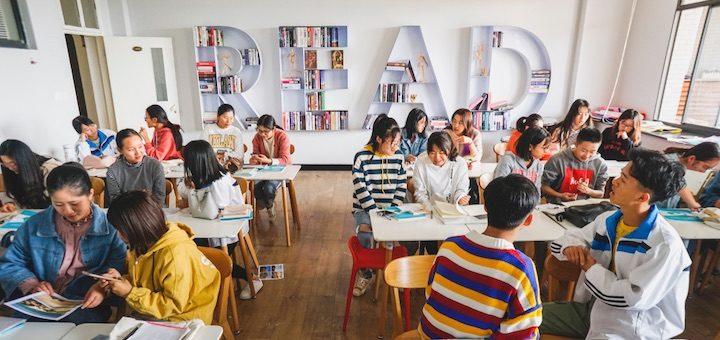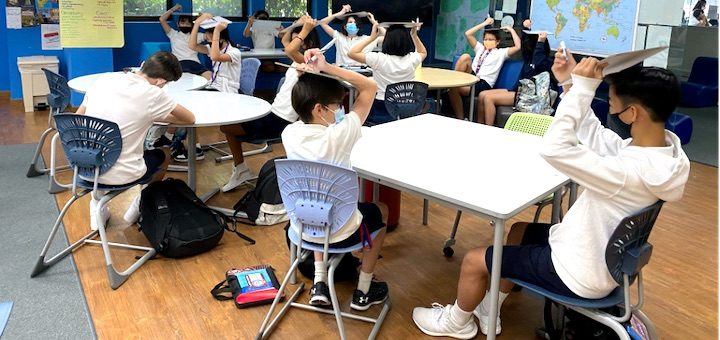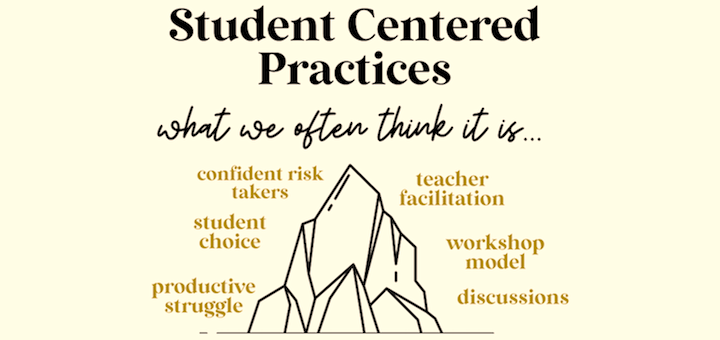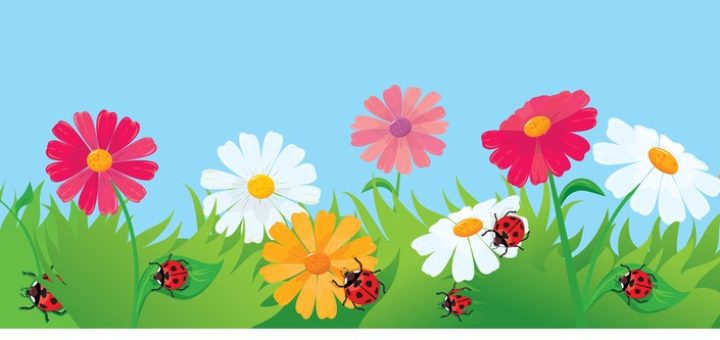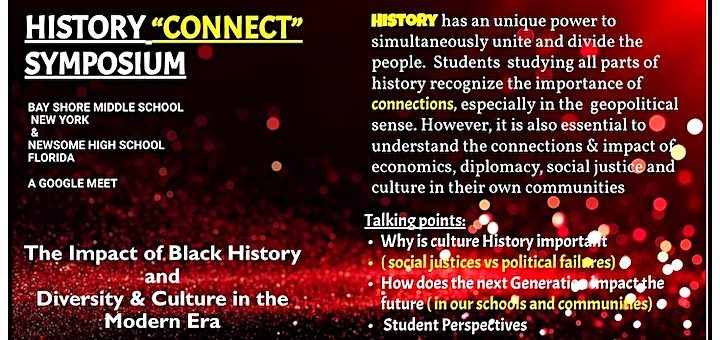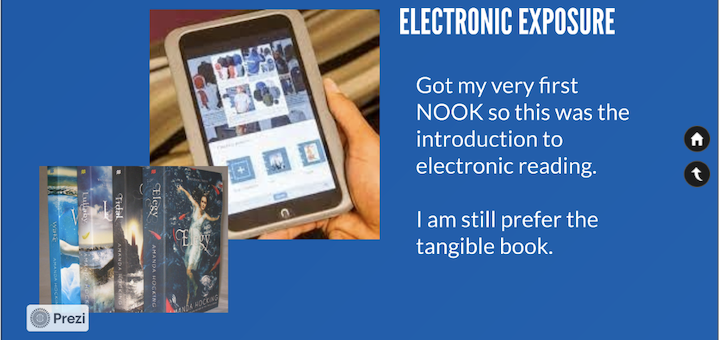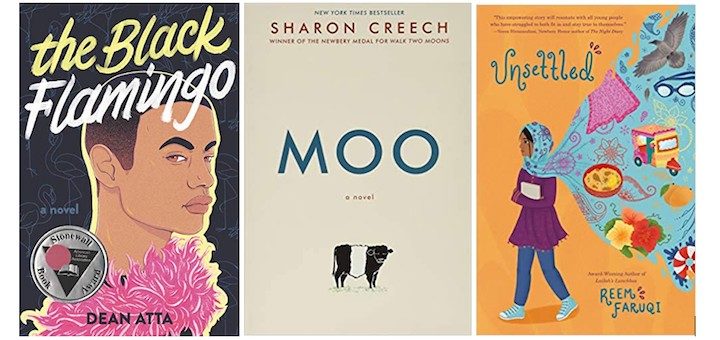Engaging MLs in Daily Academic Conversations
If we want multilinguals to develop their speaking skills while learning content (and we do!) then they need multiple opportunities to engage in academic conversation throughout the school day. ML/EL education leader Jenny Vo shares her favorite successful strategies.

